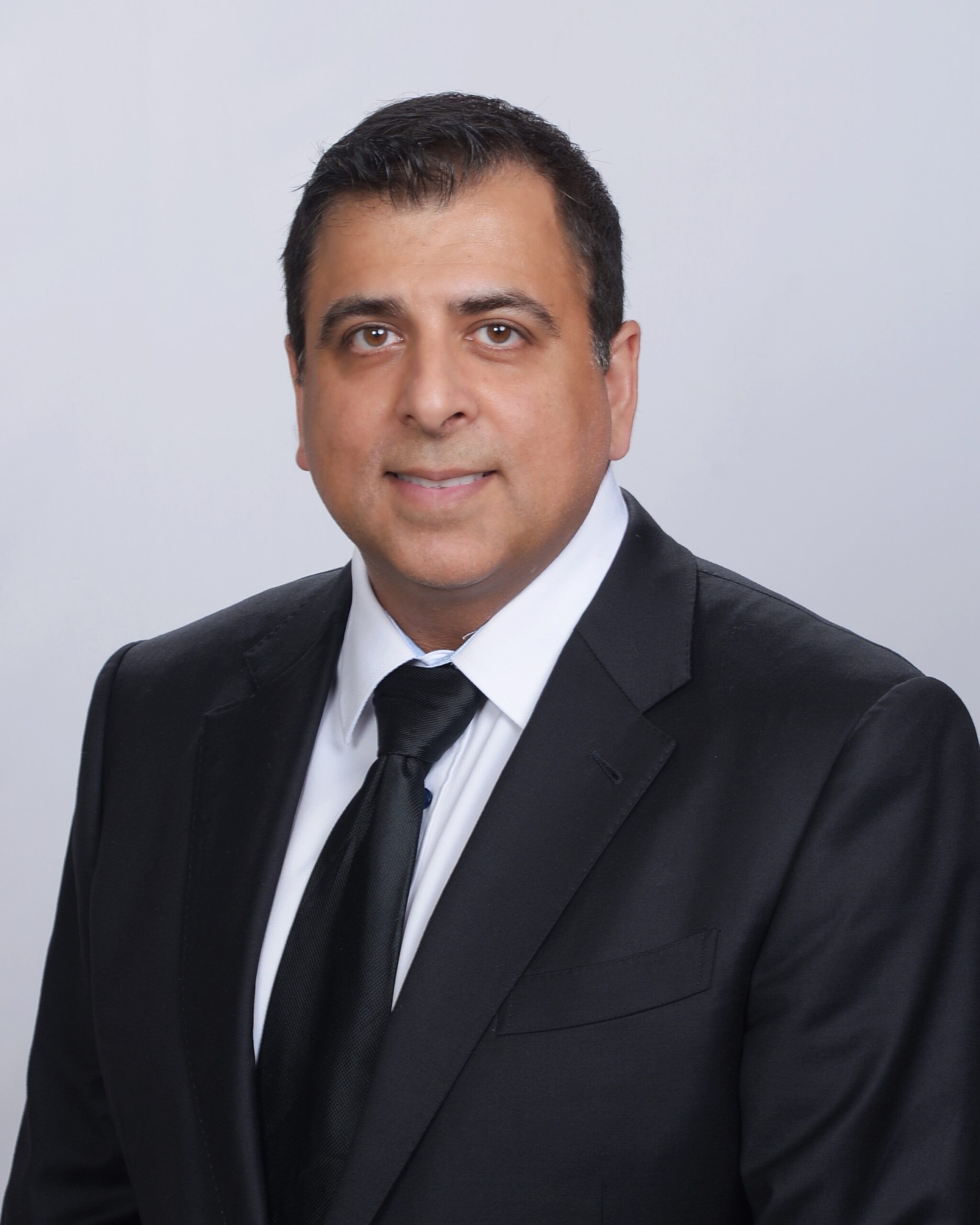Bariatric surgery is more than a medical procedure—it’s a commitment to change, a strategic plan, and a lifetime partnership between you and your care team. At the Tampa Weight Loss Institute, led by Dr. Amit Taggar, we believe in guiding you through every step of this journey with individualized attention and long-term support. This blog outlines the essential bariatric surgery guidelines to follow before, during, and long after your procedure.
Once you’re approved by your insurance and meet the necessary BMI requirements, the next step is a detailed medical evaluation. This is where Dr. Amit Taggar steps in—either virtually or in person—to help you decide which type of surgery suits your health goals best.
No single operation works for everyone. For example:
That’s why it’s crucial to work with a surgeon who offers a full range of procedures: sleeve gastrectomy, gastric bypass, duodenal switch, single anastomosis duodenal switch, and even revision surgeries. The operation should suit you, not just your surgeon’s availability.
Insurance guidelines can vary widely. Some plans may only require a single visit, while others might ask for 3, 6, or even 12 months of medically supervised appointments before approval.
Dr. Taggar and his team will walk you through a personalized schedule that aligns with your insurance requirements, ensuring you complete every step needed for timely approval.
During the pre-surgical visits, a checklist is followed to make sure you’re in optimal health for this elective procedure:
Once your surgery is complete, the journey isn’t over—it’s just beginning. You’ll receive a detailed booklet that covers:
Support doesn’t stop at the clinic doors. Dr. Taggar provides his personal cell number and 24/7 access to the office. Whether it’s 10 days or 10 years after your surgery, help is always available.
You’ll also have continued access to our dietitian and even group support if needed—because consistent guidance leads to long-term results.
Ongoing checkups are essential. You’ll typically see Dr. Taggar:
This continuity allows early detection of any issues, timely adjustments, and most importantly—accountability.
Lab work is also critical.
And yes, taking your vitamins consistently is non-negotiable.
People often assume bariatric surgery works just by reducing food intake—but there’s a deeper psychological and behavioral shift required.
The real goal isn’t just to lose weight in the first year—it’s to keep it off for the next 5, 10, or 20 years.
You don’t need to run marathons (though some patients do!)—just keep your heart rate up for 30 minutes a day, 5 days a week. It could be walking, tennis, dancing, or whatever keeps you moving.
Sustainability is the key. Healthy eating + consistent movement = lifelong success.
To ensure patients are fully informed before making a decision, in addition to outlining eligibility and procedural standards, its also important to understand potential side effects and long-term problems after bariatric surgery
Bariatric surgery isn’t a shortcut—it’s a strategy. The guidelines before, during, and after surgery are designed to give you not just weight loss, but a better life.
At Tampa Weight Loss Institute, we’re committed to that transformation with you—every step of the way. Follow the guidelines, stay connected, and let’s build a healthier future together.
Schedule your FREE consultation with Dr. Amit Taggar today. Your new life is waiting.
Why is a pre-surgery diet necessary?
A high-protein liquid diet helps shrink the liver, which rests on top of the stomach. A smaller liver allows better visibility and easier access during surgery.
What happens if I don’t follow the guidelines?
Skipping post-op care—like walking or staying hydrated—can lead to serious complications like dehydration or blood clots (DVT). Long-term, ignoring dietary guidelines can lead to weight regain.
How long do I need to stick to these guidelines?
For life. The first year gives you a jumpstart, but success beyond that requires lifelong commitment. Patients who regain weight often revert to old habits—they stop doing what helped them lose the weight in the first place.
-Disclaimer-
The information provided on this website is for educational and informational purposes only and is not intended as medical advice. Always consult with a qualified healthcare provider regarding any medical concerns, conditions, or treatment options. Individual results may vary. The services described are not intended to diagnose, treat, cure, or prevent any disease. Any medical procedure should be discussed thoroughly with a licensed professional before beginning treatment.

Dr. Amit Taggar is a board-certified, fellowship-trained bariatric surgeon and the founder of Tampa Weight Loss Institute. Recognized globally for his expertise in robotic weight loss surgery, Dr. Taggar specializes in Roux-en-Y gastric bypass, vertical sleeve gastrectomy, duodenal switch, and complex bariatric revisions. He has trained surgeons from around the world and performed live surgical demonstrations at major international conferences.
Committed to empowering patients on their weight loss journey, Dr. Taggar emphasizes a comprehensive approach to long-term success, integrating advanced surgical techniques with personalized aftercare. At Tampa Weight Loss Institute, he leads a team dedicated to transforming lives through compassionate, patient-centered care.